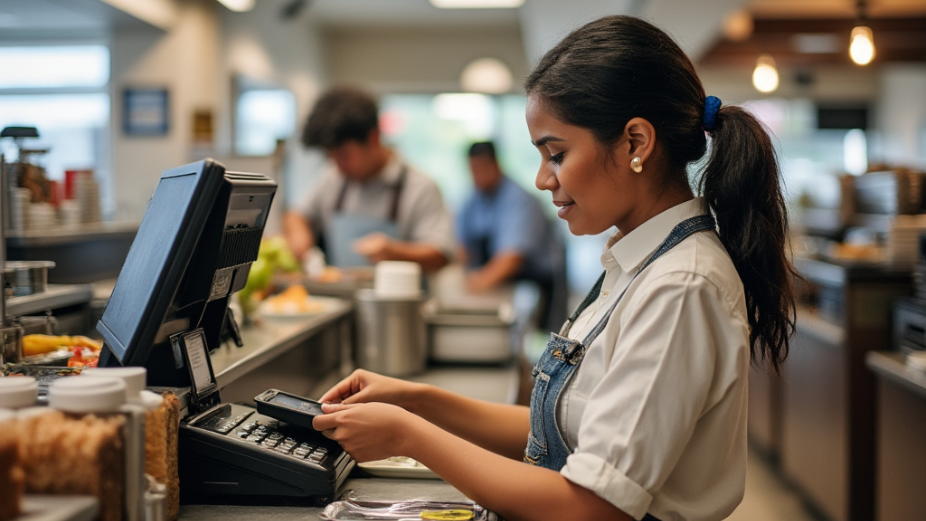
The Maldives Inland Revenue Authority (MIRA) has published the 31st Amendment to the Goods and Services Tax (GST) Regulation, introducing key updates to tax rules. Effective from 25 November 2024, the changes primarily affect staff cafes within tourist establishments, aligning their tax treatment with that of staff shops.
One significant change under the amendment is the exclusion of staff cafes catering exclusively to employees in tourist establishments from the definition of tourism sector goods and services. As a result, these cafes are now eligible to register under the general sector GST and charge tax at a rate of 8%, instead of the higher tourism GST (T-GST) rate.
Key Updates
- Registration Changes
- Staff cafes must be registered separately from other taxable activities of the operator.
- If a staff cafe and staff shop within the same tourist establishment are operated by the same entity, they will now be registered together, simplifying the process.
- Exemption from Output Tax
- Operators supplying goods or services to staff cafes will not be required to charge GST, provided the cafe is operated by the same entity and registered under GST.
- Anti-Avoidance Provisions
- To prevent tax avoidance, MIRA has clarified that staff cafes will be subject to anti-avoidance rules similar to those for staff shops. Transactions identified as attempts to bypass T-GST will be taxed at the applicable T-GST rate.
Additionally, the amendment repeals Tax Ruling TR-2014/G22, which previously addressed domestic air transport services and staff shop guidance. These provisions are now incorporated directly into the updated regulation without significant changes.
The 31st Amendment reflects MIRA’s ongoing efforts to refine and streamline tax regulations, ensuring clarity and compliance across sectors.












